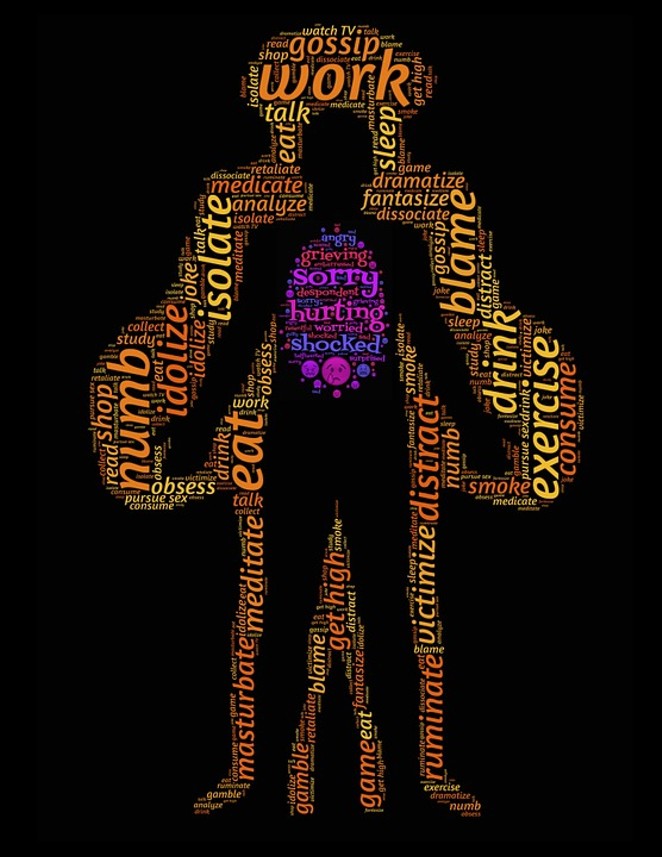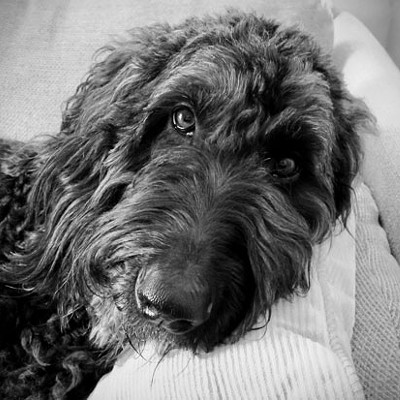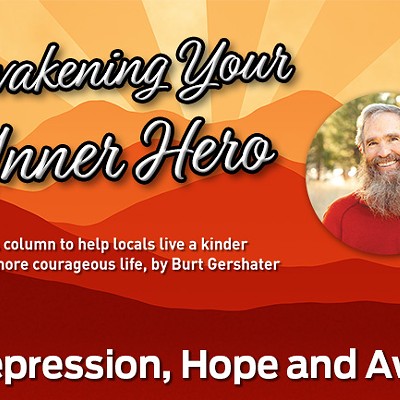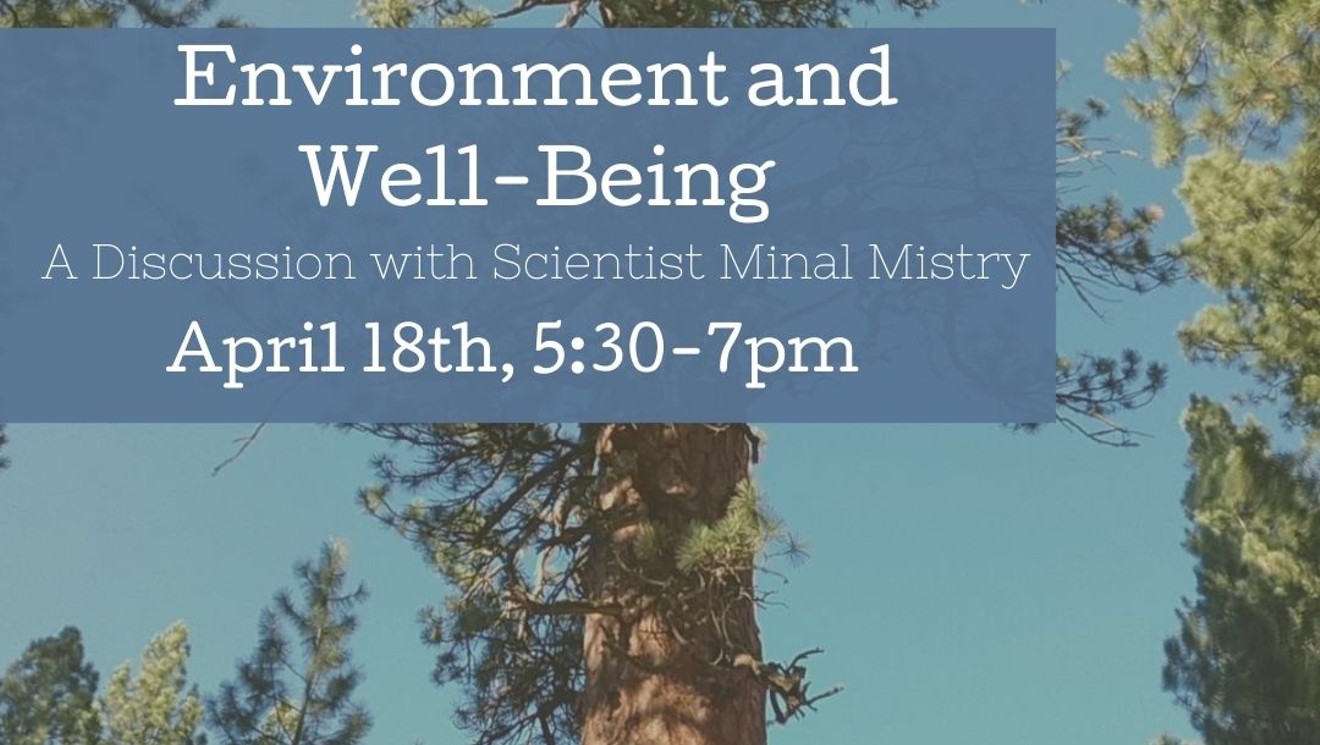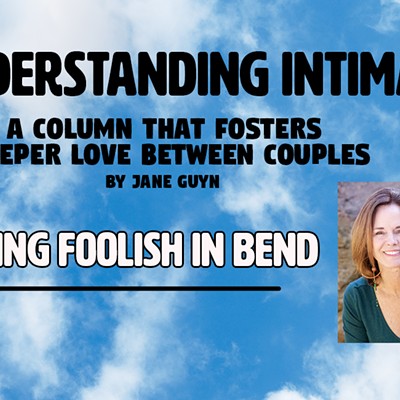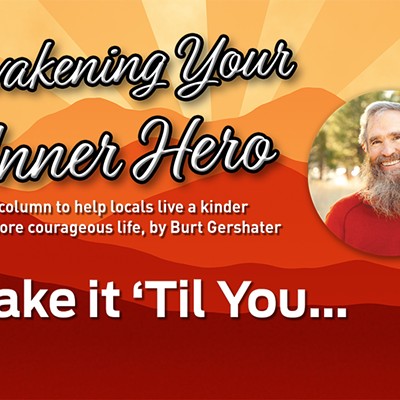I'm a 31-year-old guy who got really hurt after a relationship ended a few years back. Now I just don't date women whom I'll ever really care about because I don't ever want to feel how I felt when my previous relationship ended. My friends say I'm being a coward and missing out, but, hey, I'm not depressed over any chicks. I think I'm being smart in protecting myself. Maybe more people should take this approach.
—Comfortably Numb
These days, your relationships probably start when you eyeball a woman on the street: "Whoa! I bet she'd be seriously mediocre in bed!"
Next, you discover that she's a real yawn out of the sack, too—and you're in!
Now, it's possible that you're way more emotionally sensitive than most people, to the point where a loss that others would eventually recover from hits you like a never-ending colonoscopy (with, um, artisanal anesthesia: "If you'll just bite this stick...").
Even if you are super sensitive, avoiding the pain comes at a substantial price: living a gray goulash of a life, spending every day with some uninspiring somebody you don't really care about. But consider that we evolved to be resilient— to heal from emotional injuries as we do physical ones. However, in order for you to do this— and to see that you might actually be able to stand the pain of loss—you need to view resilience not as some mysterious emotional gift but as a practice.
Resilience comes out of what clinical psychologist Salvatore Maddi calls "hardiness." He writes that "hardiness ... provides the courage and motivation to do the hard, strategic work of turning stressful circumstances from potential disasters into growth opportunities." His research finds that hardiness is made up of three "interrelated attitudes," which he calls the three Cs: Commitment, Control, and Challenge.
Commitment is the desire to engage with people and life instead of pulling away and isolating yourself. Control is the motivation to take action to improve your life "rather than sinking into passivity and powerlessness." Challenge is the willingness to face the stress life throws at you and use it as a learning experience "rather than playing it safe by avoiding uncertainties and potential threats."
These attitudes might not come naturally to you. But you can choose to take them up, same as you might other "unnatural practices," like monogamy and wearing deodorant. Understanding that there are steps you can take to recover from heartbreak might give you the courage to go for a woman you really love.
Sure, that woman might leave you—causing you big-time pain. But consider that risk avoidance—like by being with a woman you don't really care about—isn't pain avoidance. The pain is just different. It's low-dose extended-release—like frequently experiencing the post-sex horror that leads you to want to grab your clothes and make a run for it before the woman next to you wakes up. And then you remember a couple of essential points: She's your wife, not some Tinder rando, and it's your apartment.
I'm a straight 36-year-old woman, and I recently lost a lot of weight. My doctor's happy. My girlfriends think I look great. They're all "How'd you do it?" "You look like a model!" However, my male friends think I'm too skinny now. Is there a big difference in what the sexes consider a good body?
—Slim
Though women assume that men think the ideal female body shape is modeliciously skinny, consider that construction workers rarely yell out, "Hey, Hotstuff! Great set of ribs!"
In studies exploring men's and women's ideas of the ideal female body weight, women consistently "perceive men as being attracted to thinner female figures than is true in reality," writes social psychologist Viren Swami. And it isn't just North American men who like fleshier women. Swami ran a massive survey—of 7,434 men and women in 26 countries, across 10 world regions—and "men across all world regions except East Asia selected a significantly heavier figure as being most physically attractive compared to what women believed was most attractive to men."
Swami and his colleagues speculate that "women exposed to magazines marketed to women may form skewed perceptions of what body types are most appealing to men." But don't despair. Swami's study and others measure the preferences of the "average" man. There is no such person. Or, as an epidemiologist friend of mine often reminds me, there are "individual differences"—meaning individuals' preferences vary. In other words, there are men out there who will be seriously into a woman like you—a woman who can do amazing feats in the bedroom, like removing a pair of skinny jeans without calling 911 and asking for firemen to come over with the Jaws of Life.
(c)2018, Amy Alkon, all rights reserved. Got a problem? Write Amy Alkon, 171 Pier Ave, #280, Santa Monica, CA 90405, or e-mail [email protected]. @amyalkon on Twitter. Weekly radio show: blogtalkradio.com/amyalkon
Order Amy Alkon's new book, "Unf*ckology: A Field Guide to Living with Guts and Confidence," (St. Martin's Griffin, 2018)

